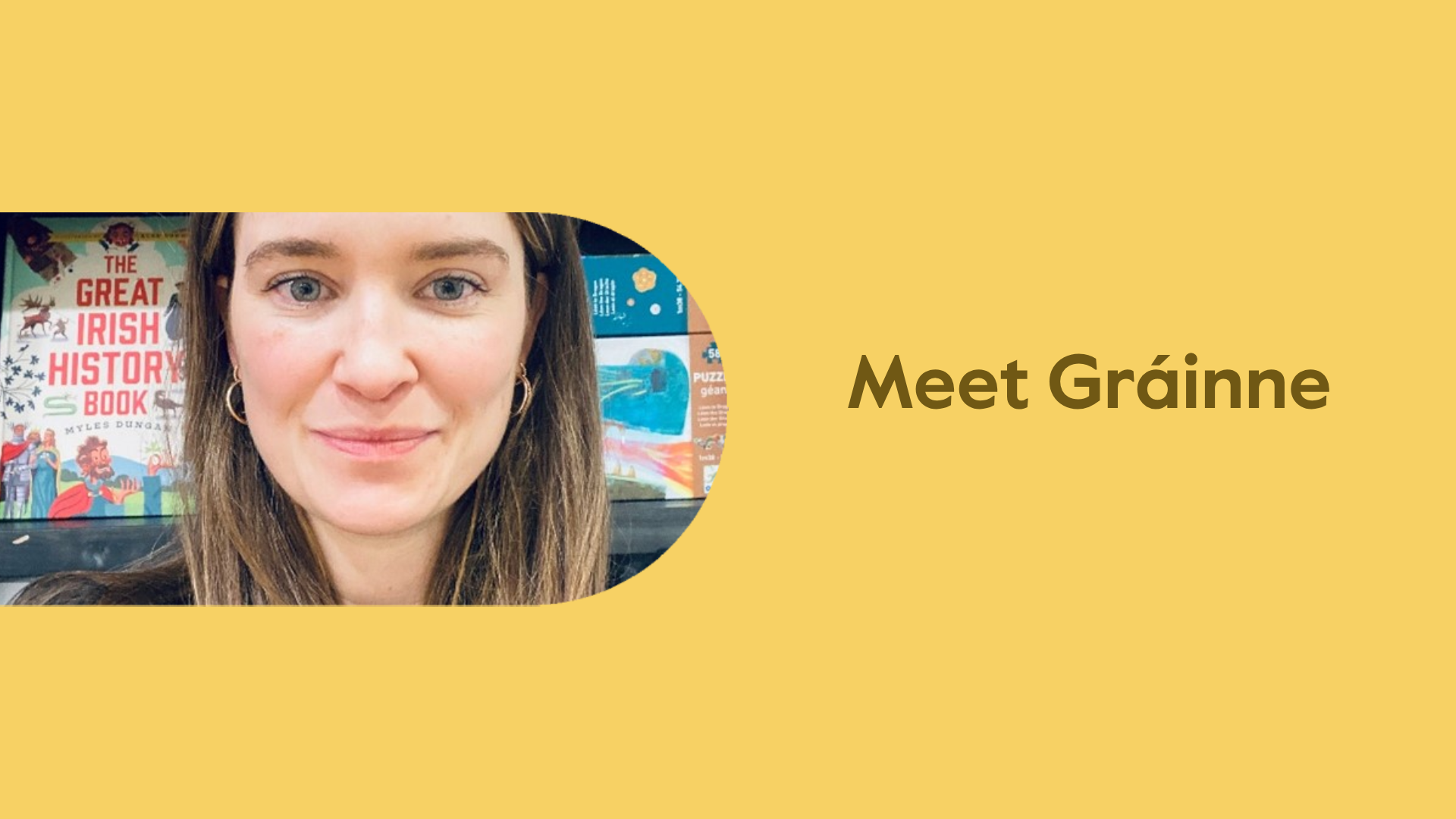
Gráinne gives us an insight into her career as an Educational Psychologist with the National Educational Psychological Service. Gráinne shares that her role allows her the opportunity to apply psychological theory, research and techniques to support children, young people, their families and schools to promote the emotional and social wellbeing of young people.
What does your role entail as an Educational Psychologist in the National Educational Psychological Service (NEPS)?
As Educational Psychologists, we apply psychological theory, research and techniques to support children, young people, their families and schools to promote the emotional and social wellbeing of young people as well as, the development of their language, communication and learning skills. We explore concerns shared by parents, school staff, children and young people through consultation. We use assessment, monitoring and evaluation to put in place appropriate interventions.
As psychologists who have a focus on system-level practice, we are very focused on developing evidence-based whole-school supports and facilitating continuing professional development for school staff to support and enhance the development and wellbeing of all children and young people at school.
What were your reasons for joining the National Educational Psychological Service (NEPS)?
Since qualifying as an Educational Psychologist (EP) and during my professional training, I have had the opportunity to work across health, education and social care settings. I have worked in Early Intervention, in school-based psychology services in London and in Ireland, as well as on projects in youth justice and social care.
Through my own working experience, I knew that I preferred systems-focused intervention and preventative psychology, and I knew that working in a school-based psychological service offered the best opportunity to engage in this work. Through our work as a psychologist in NEPS, we can disseminate psychology within the community (schools) to most children, young people and their families and school staff.
What opportunities has this role provided you with?
NEPS as an employer offers great opportunities for psychologists within our service to become involved in special interest groups with a focus on a variety of areas of interest and practices such as dynamic assessment, chronic illness, emotion coaching, nurture approaches, as well as groups that contribute to national practice and policy, such as Literacy or Wellbeing. Since joining I have become involved in a number of groups at a national and regional level such as critical incident working group and supporting cultural and linguistic diversity in schools.
Psychologists in NEPS are encouraged to engage in continuing professional development both in terms of their own professional interests as well as continuous professional development (CPD) at a national level that has a focus on national priorities. Since joining NEPS I have attended CPD focusing on emotion coaching, positive behaviour support and CAP (Cognitive Abilities Profile).
What aspect of your role as a psychologist in National Educational Psychological Service (NEPS) do you particularly enjoy?
I enjoy having the opportunity to meet with parents and teachers and to work collaboratively together. I feel very privileged to have the opportunity to work with school professionals, to discuss their experiences and their practice (in the classroom and with individual children) and to think together about what we would like to be different and how we can facilitate change for a whole group of children through CPD opportunities and practice supervision.
I feel very privileged as a psychologist that I can contribute through the application of psychological research and theory to change and intervene at all levels of the education system – for individual children and young people, whole-school intervention, and national policy.
